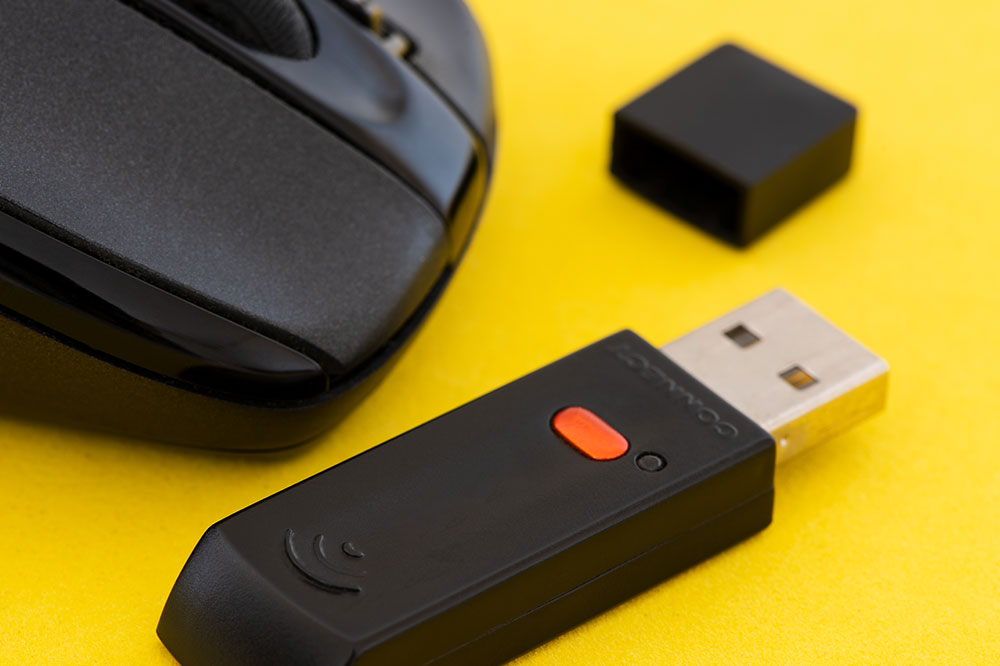A comprehensive guide to buying a wireless card adapter
Choosing the right kind of hardware for your computer can be overwhelming. You have to keep in mind tons of factors, including usage, performance, and budget. The same goes when it comes to choosing a wireless card adapter. So, to help you here is a comprehensive list of things to keep in mind when picking out a wireless card adapter.
Do you require a wireless adapter?
Before you consider purchasing a wireless card adapter, you want to first know if you need one.

Pick one that’s compatible with your computer
Choosing a wireless adapter that’s suitable for your PC. You have the option of choosing a USB portable card, an internal add-on wireless card adapter that is plugged into the motherboard, or an integrated unit. In the case of an internal add-on card adapter, you need to make sure the pins match the ones on your motherboard. Choosing a USB portable wireless card adapter is simple and only requires you to activate essential drivers on your computer.
Know the range you need and choose the right antenna
When it comes to wireless connections, one of the major limitations is range. But, this can be solved by choosing the right kind of antenna. There are a few things that need to be considered. One of the most important things is the dB rating of the antenna. This is basically a classification of the frequency bands used by the antenna. You also need to consider the number of antennas present on the wireless card adapter. While one antenna will help you connect to the router, it may or may not have optimum performance. Wireless card adapters typically have two antennas.
Know the kind of speed you require
Another important thing to remember when using wireless card adapters is the speed. Modern wireless devices work on two main Wi-Fi standards 802.11n and 802.11ac. These Wi-Fi standards help decide the frequency bands as well as the speed of the adapter. The two main frequency bands that are used under these standards are 2.4 GHz and 5GHz. 5GHz provides better data rates as well as less interference compared to 2.4GHz. So, if you’re living in a densely populated area and have tons of interference, you should consider a wireless adapter with a 5GHz frequency band.